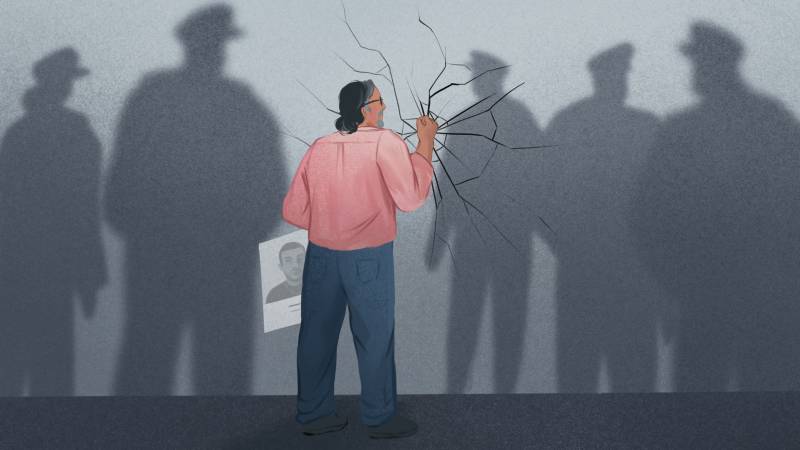On Sunday, September 14, 2014 at about 4:20 a.m., Rick and Julie Perez got a knock at the door. A Richmond, Calif. detective and an inspector with the Contra Costa County District Attorney’s Office wanted to ask them questions about their 24-year-old son Pedie Perez.
“I don’t know how to say this,” the inspector said almost 12 minutes into the conversation.
“You guys shot him?” Rick Perez said.
“Yes.”
“And he’s not alive?”
“Yes, he’s not alive,” the inspector answered.
After his son died, Perez met other families whose loved ones were killed by law enforcement. And so many of them told him they had the same issue: they couldn’t get access to all the details surrounding their loved one’s deaths. That information was sealed by state law protecting the privacy of police.
As part of this unofficial “club,” Perez starts advocating for police transparency and accountability, pushing for the passage of California’s “Right to Know Act,” which promised access to records on shootings by police officers. He then went to court to defend the law’s access against a legal challenge brought by Richmond’s police union.
In episode three of On Our Watch, we examine the records that were unsealed by this transparency law to piece together what exactly happened on September 14, 2014 when Pedie Perez was shot and killed outside a liquor store by a Richmond police officer, Wallace Jensen.

9(MDAxOTAwOTE4MDEyMTkxMDAzNjczZDljZA004))
